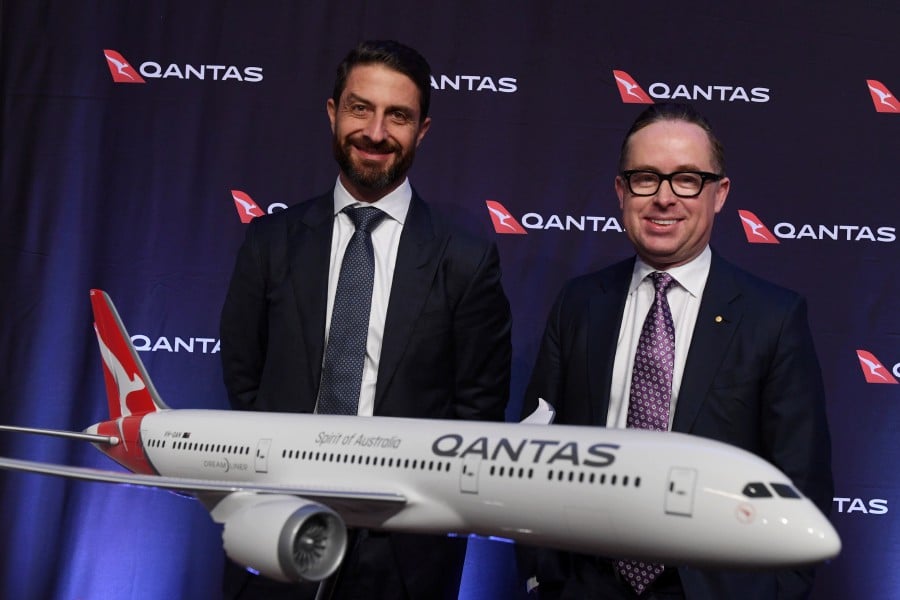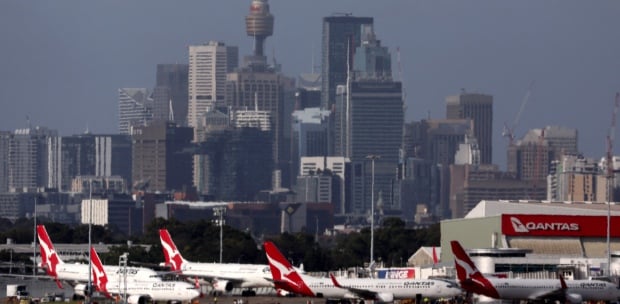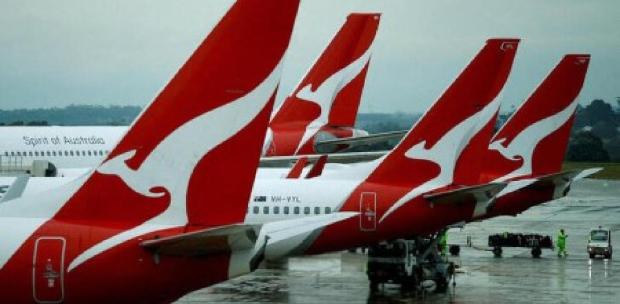LONDON: Australian airline Qantas is preparing for what could become the world’s longest direct commercial flights — around 19 hours nonstop to Sydney from New York and London — with three test runs to monitor the effects of so-called ultra-long-haul journeys on the body.
Some 40 people, including pilots, crew members and passengers, will become onboard guinea pigs for two test flights from New York to Sydney and one from London to Sydney, the airline said Thursday.
According to Qantas, this will be the first time a commercial airline has flown nonstop from New York to Australia and only the second direct London-to-Sydney commercial flight.
It plans to conduct the test flights in October, November and December, with a target of starting regular services to New York and London from Australia’s east coast as soon as 2022.
Those routes would exceed the approximately 9,500-mile, 18 1/2-hour length of Singapore Airlines’ service between Singapore and Newark, New Jersey.
Teams of scientists and medical experts will be closely observing the physical and mental effect of the lengthy journey.
“The risk of travel fatigue is higher because the flights are longer,” said Svetlana Postnova, a senior lecturer in neurophysics and brain dynamics at the University of Sydney and one of the researchers working with Qantas.
Passengers will wear smartwatches, allowing researchers to track how the flight affects their body clocks and how quickly they are able to recover from jet lag.
The pilots will be closely monitored, too, with electroencephalogram tracking of their alertness, and tests on their level of melatonin, a hormone linked to regulation of the body’s circadian rhythms.
The data will be used to devise what schedule of work and rest will suit the pilots operating the extra-long routes.
Qantas has not yet chosen which plane would be used for the commercial flights, but Airbus and Boeing have both proposed aircraft.
Even if the test flights go off without a hitch, Qantas would still need to seek regulatory approvals.
The airline says it expects to make a final decision about “Project Sunrise” — as it calls the proposed flights — by the end of this year. - New York Times





